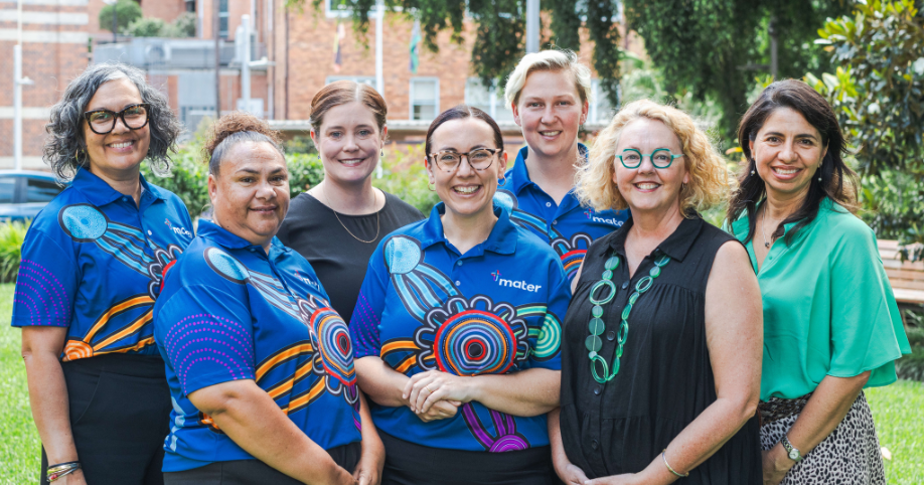
The importance of dynamic leadership, breaking down barriers and valuing the important contribution of women is embedded in the DNA of Mater Research. The research institute’s parent, Mater Hospital Brisbane, was founded by the Sisters of Mercy more than a century ago.
“The Sisters of Mercy were incredibly forward thinking and never let the current mainstream approach derail them from their mission,” says Professor Allison Pettit, who is the Director of Biomedical Research for Mater Research.
“They were a demonstration that when you think differently, you can be incredibly innovative and they were a bold bunch of women. Not only were they thought leaders in how to drive healthcare and research forward in our community way back then, they really were champions of how women can contribute to society”.
Equity Trustees has been supporting Mater Foundation, which funds Mater Research, since 2017 through the Partnership Program. It provides long-term funding by pooling the resources of 11 Equity Trustees-managed perpetual charitable trusts with a medical research and health focus.
Mater Research has used the funding to continue its research into areas such as children’s diseases, cancer and diabetes, as well as support the careers of emerging and female researchers, such as Associate Professor Kym Rae.
She has spent her career collaborating with Indigenous communities with the goal of improving the health and wellbeing outcomes of Aboriginal Torres Strait Islander people, focusing on pregnant mums and infants. She has also faced structural gender inequities during her career.
“She didn’t have a traditional career track record with standard career milestones as a consequence of the type of research she does,” Prof Pettit says.
“We recognised the value of Kym’s research and approach, and so Equity Trustee’s funding enabled us to recruit her to Mater Research.”
Last year, A/Prof Rae was awarded a $4.7million National Health and Medical Research Council (NHMRC) Clinical Trial and Cohort Scheme grant for the Strong Families Study which is a co-designed longitudinal study with Aboriginal and Torres Strait Islanders.
Finding opportunities to support female researchers, like A/Prof Rae, and up and coming researchers has been a key part of the Partnership Program funding.
Prof Pettit says that women traditionally make up about 60 per cent of researchers at the junior levels but only about 20-30 per cent at senior levels setting a foundation for unconscious bias.
“Finding opportunities to support these groups, in particular women, to participate more deeply and consistently in the industry has been a really core focus,” Prof Pettit says.
“Mater Research actively embraces diversity and inclusion as part of our business, and we seek opportunities to promote the achievements of our female researchers and to foster career development for our Early and Mid-Career women,” Prof Pettit says.
These measures mean that Mater Research has a research workforce comprising of nearly 80 per cent of women, with 60 per cent of research groups also led by women.
“In the last 12 months, we've also made a sector-leading decision to switch to offer permanent contracts to the majority of our research staff, which is something we've been able to do because of our philanthropic partners.”
“While the National Health and Medical Research Centre are taking steps to allocate its research funding more fairly between men and women, the support received from philanthropic partners, like Equity Trustees, is truly invaluable and we could not achieve breakthroughs in medical research without it.”
This article originally appeared in the Equity Trustees 2024 Giving Highlights.



